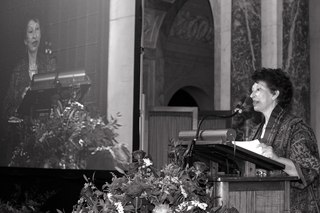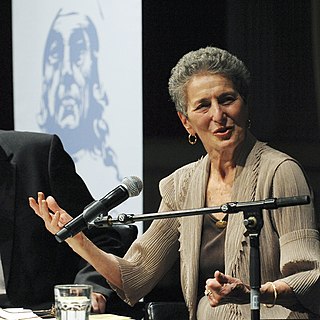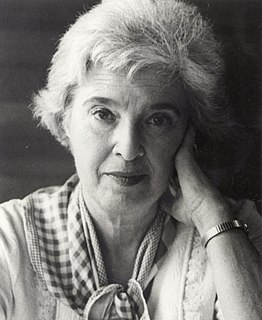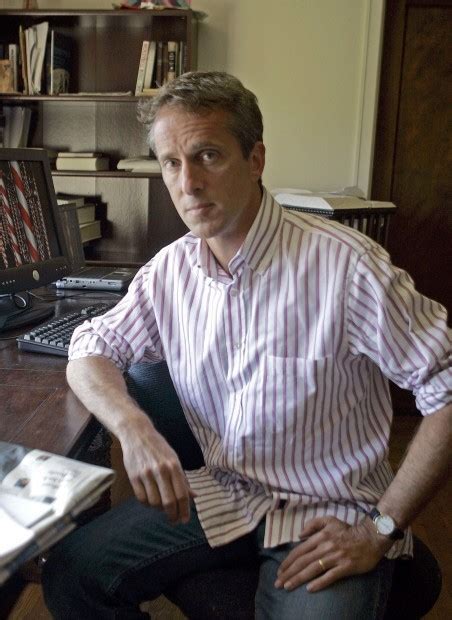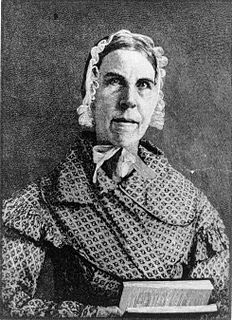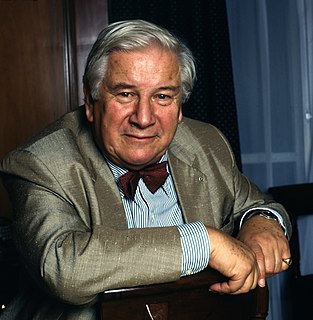A Quote by Deeyah Khan
Many Muslim parents are authoritarian, which leaves young men and women with limited spaces to express themselves. Self-expression and autonomy are regarded as symptoms of 'Westernisation.'
Related Quotes
It was long assumed that heart disease manifested the same in men and women. But Dr. Legato found that men may experience the classic symptoms of chest pain that radiates down the left arm. Women often have symptoms including shortness of breath, nausea or vomiting, and back or jaw pain. A gender-neutral approach left many women under-diagnosed and under-treated and as a result many women died needlessly.
Patriarchy is not men. Patriarchy is a system in which both women and men participate. It privileges, inter alia, the interests of boys and men over the bodily integrity, autonomy, and dignity of girls and women. It is subtle, insidious, and never more dangerous than when women passionately deny that they themselves are engaging in it.
Both men and women are conceived as merely capable of response to a situation that their society has already defined for them as sexual, and so the Arapesh feel that it is necessary to chaperon betrothed couples who are too young... with their definition of sex as a response to an external situation rather than as spontaneous desire, both men and women are regarded as helpless in the face of seduction. Parents warn their sons even more than they warn their daughters against permitting themselves to get into situations in which someone can make love to them.
The creed of our democracy is that liberty is acquired and kept by men and women who are strong and self-reliant, and possessed of such wisdom as God gives mankind - men and women who are just, and understanding, and generous to others - men and women who are capable of disciplining themselves. For they are the rulers and they must rule themselves.
When people, particularly young people and especially young men, can't imagine themselves as heroes in narratives that they construct for themselves, they look to be heroes in some other way. So young men in America of, let's say, Muslim background, only a tiny, tiny minority - so small as to be almost zero - are likely to ever commit terrorist acts.
Carla Hesse has given us an astonishing new look at women's struggle for independent expression and moral autonomy during the French Revolution and afterward. Denied the political and civil rights of men, literary women plunged into the expanded world of publication, answering the men's philosophical treatises with provocative novels about women's choices and chances. Lively and learned, The Other Enlightenment links women from Madame de Stael to Simone de Beauvoir in an alternate and daring path to the modern.
A child is not a Christian child, not a Muslim child, but a child of Christian parents or a child of Muslim parents. This latter nomenclature, by the way, would be an excellent piece of consciousness-raising for the children themselves. A child who is told she is a 'child of Muslim parents' will immediately realize that religion is something for her to choose -or reject- when she becomes old enough to do so.
Autonomy means women defining themselves and the values by which they will live, and beginning to think of institutional arrangements which will order their environment in line with their needs.... Autonomy means moving out from a world in which one is born to marginality, to a past without meaning, and a future determined by others--into a world in which one acts and chooses, aware of a meaningful past and free to shape one's future.
Fashionable women regard themselves, and are regarded by men, as pretty toys or as mere instruments of pleasure; and the vacuity of mind, the heartlessness, the frivolity which is the necessary result of this false and debasing estimate of women, can only be fully understood by those who have mingled in the folly and wickedness of fashionable life.

